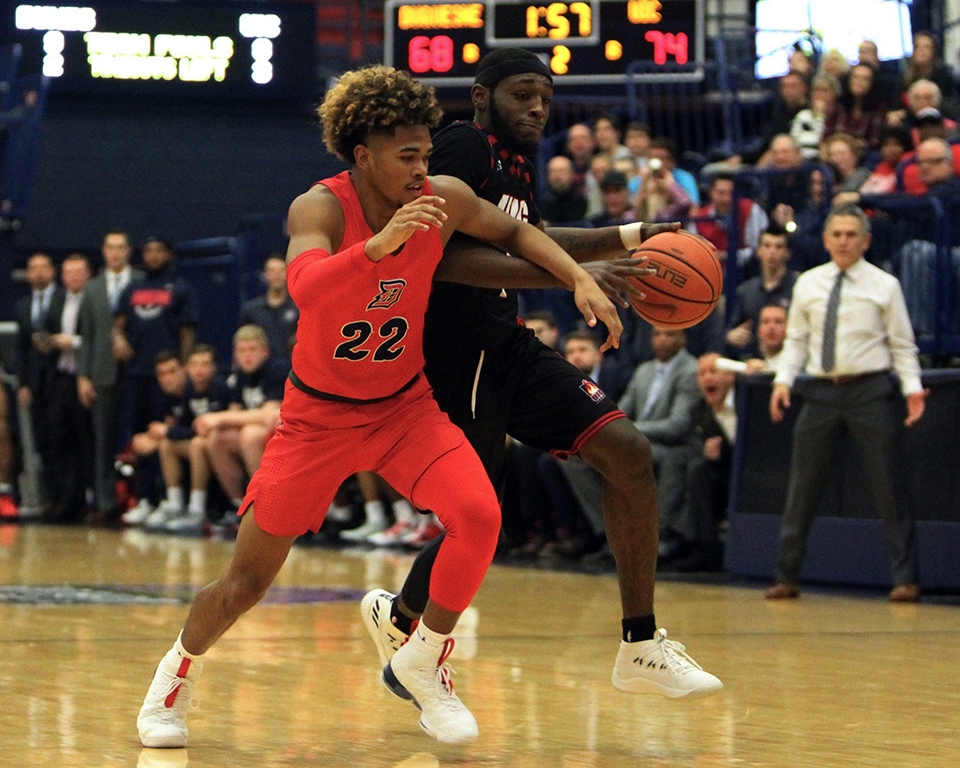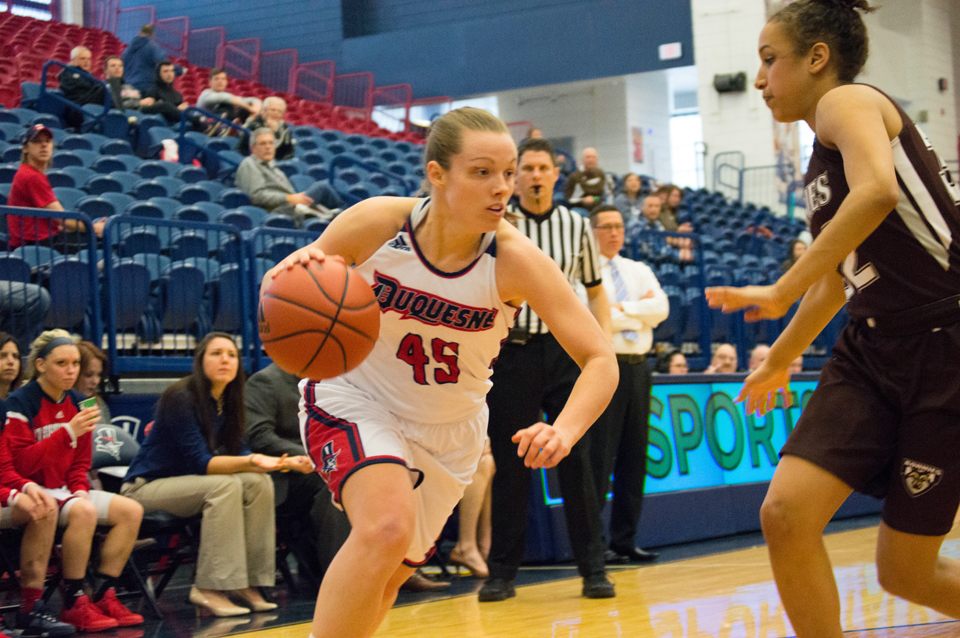Staff Editorial
Sept. 30, 2021
2022 will finally see the first official branding of “March Madness” for collegiate women’s basketball in NCAA history.
There are multiple reasons that the women’s basketball tournaments might not be included under the same official branding as the men’s games in years past, but none are proven to be the single source of the discrimination.
In a statement to The Wall Street Journal in March 2021, the NCAA said, “When the current version of the March Madness logos and branding were developed five years ago, women’s basketball leadership at that time chose to pursue their own brand identity.”
Furthermore, ESPN has owned the rights to the NCAA women’s tournament for many years. In an article this past March, The Wall Street Journal said, “The NCAA sold the rights to its women’s tournament, which launched in 1982, and many of its other sports championships to ESPN for $500 million over 14 years.”
Only recently did the women’s championship gain national television coverage. ESPN was not obligated to add “March Madness” to any of its women’s game live streams.
On the other side of the debate is how men’s games have faired using the NCAA “March Madness” branding in the past. A survey done in 2019 by the American Gaming Association (AGA), found that 47 million Americans wagered an estimated $8.5 billion on the tournament.
“In addition to those filling out brackets,” said the AGA, “18 million more Americans will place $3.9 billion in bets at a sportsbook, online, with a bookie or with a friend.”
The NCAA’s 2020 financial statement proved that the men’s 2019 collegiate basketball tournaments earned $1.05 billion in revenue. According to Investopedia, a professional investment and financial advising site, this represents over 90% of the NCAA’s total revenue.
With the pandemic putting strains on athletic programs around the country, the NCAA faced various hardships. For the first time in its 81-years running, March Madness was canceled in 2020. However, adding a women’s bracket may make up for lost revenue by supplying additional streams of cash through TV coverage, in-person ticket sales and betting.
While this decision seems to be economically rational, USA Today says that it comes in response to a report by Kaplan Hecker & Fink LLP, a law firm which specializes in employment and discrimination matters.
Social media users may remember Sedona Prine’s post this past August, who shared the reality of inequities between the training and promotional opportunities offered to the mens’ and womens’ teams. Hecker & Fink’s report came as a result of the outrage from players and fans alike.
Women have finally gained a “win” in equality with the official NCAA “March Madness” branding.
With the incredible revenue from the men’s March Madness bracket, and the proliferation of legalized online sports gambling sites, this decision seems not just promising, but unquestionably rational.



